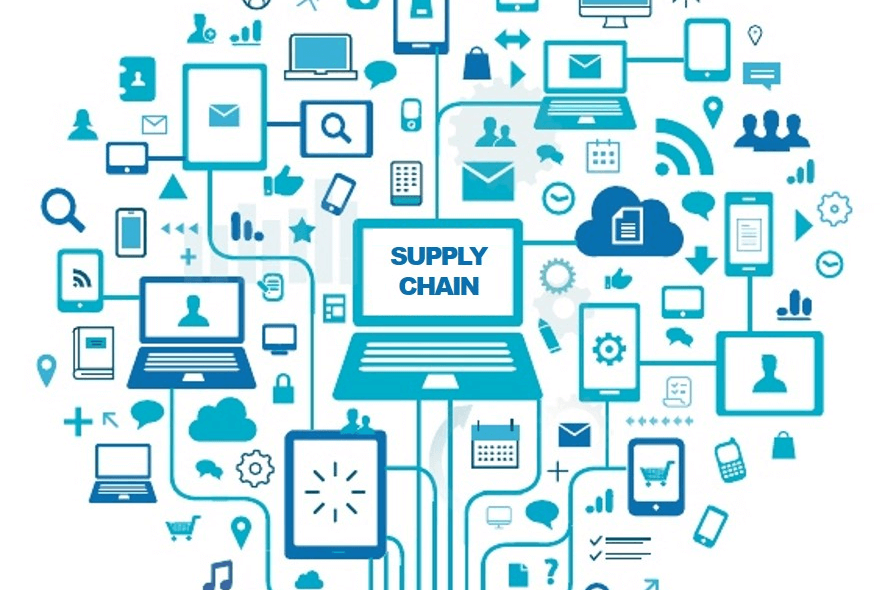This is an interesting article that highlights commentary by Greek shipping magnate, Victor Restis. It discusses the future of international cargo shipping and trade (the lifeline of our supply chain) and how technologies are shaping the industry’s future. Technology enhances our everyday lives, and it makes complete sense that the tech we use today for business, advertising, gaming, etc., would be used to strengthen the global supply chain and mitigate that the potential of future disruptions.
I am interested in virtual reality (VR) and augmented reality (AR) technologies. These seem to have the most integrative effect on our daily lives and rituals. We all have an image of Tony Stark using VR and AR to refine and develop new weapons and defense systems for the Ironman suit. That same technology is being used today in the medical field for digital imaging and to enhance surgical procedures. It makes sense to apply those technologies to the global supply chain. Restis talks about this technology being used to keep the crew safe by monitoring health and wellness. Well, that seems like a plausible application given that there are more than two million seafarers and industry personnel helping facilitate how product travels from manufacturing to our store shelves. Any investment in crew health and wellness is welcomed to maintain our supply chain’s strength and dependence.
As we all learned through the COVID-19 experience, a threat to our supply chain is a threat to our livelihoods and way of living. As a society, we cannot afford any break in the flow of supplies, whether it be hand sanitizer, toilet paper, or anything else. Imagine the chaos if we were running low on food? What would society look like with a food shortage? How would it react? We saw hoarders selling small bottles of hand sanitizer for extortionist amounts. Imagine that same scenario with food at the end of the line?
Which brings me to threats of cyberattacks, also commented on in the article. Like any other industry, international shipping and trade seeits share of attempted cyber-attacks. I suppose there are system and cargo inventory manifests that can be stolen (and then shared with Somali pirates?). Imagine if these large cargo vessels were autonomous? Could a hacker take control of a ship and navigate it away from its intended destination?
Thankfully, Restis says that replacing humans onboard transoceanic cargo vessels is not a likely scenario anytime in our near or distant future.
